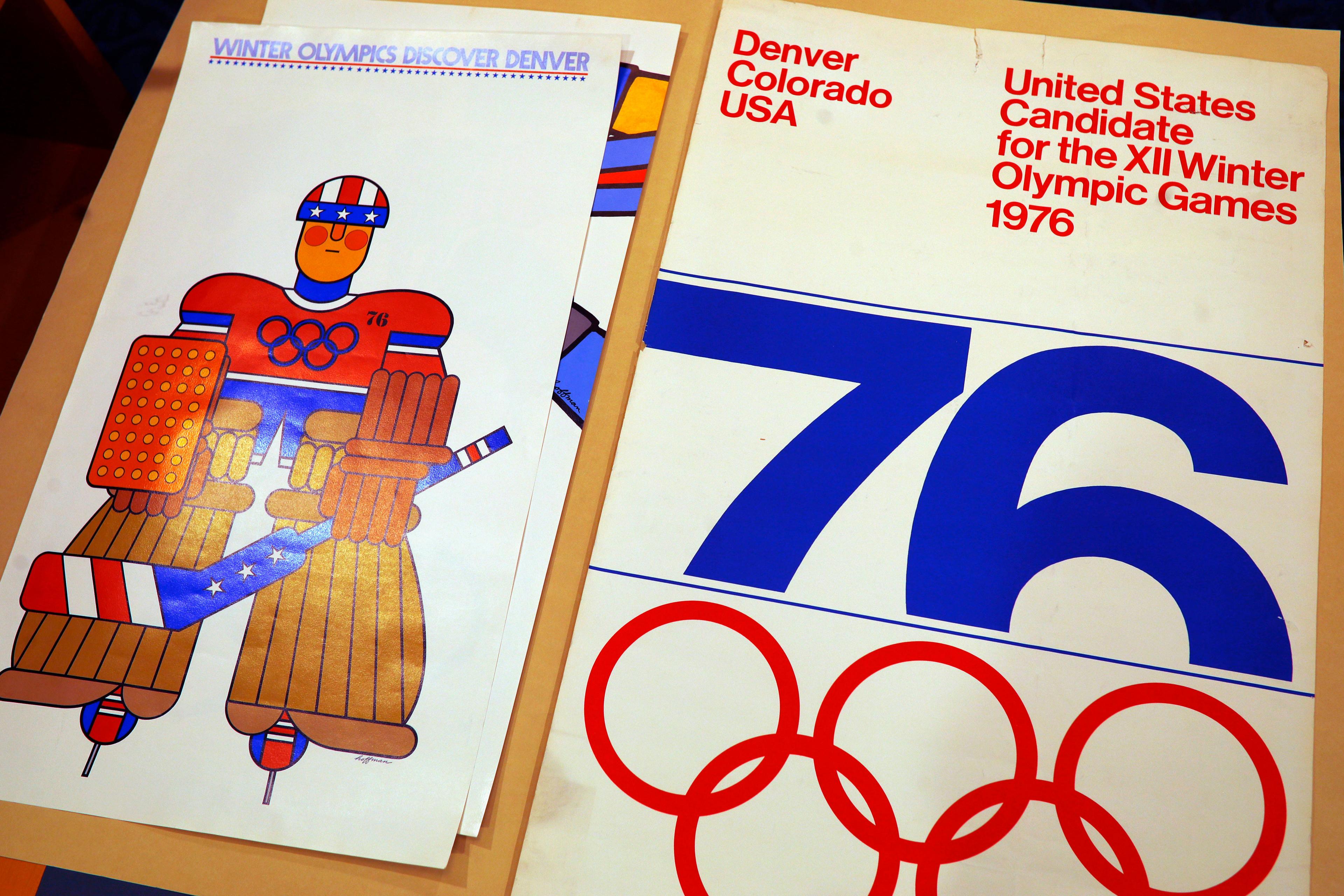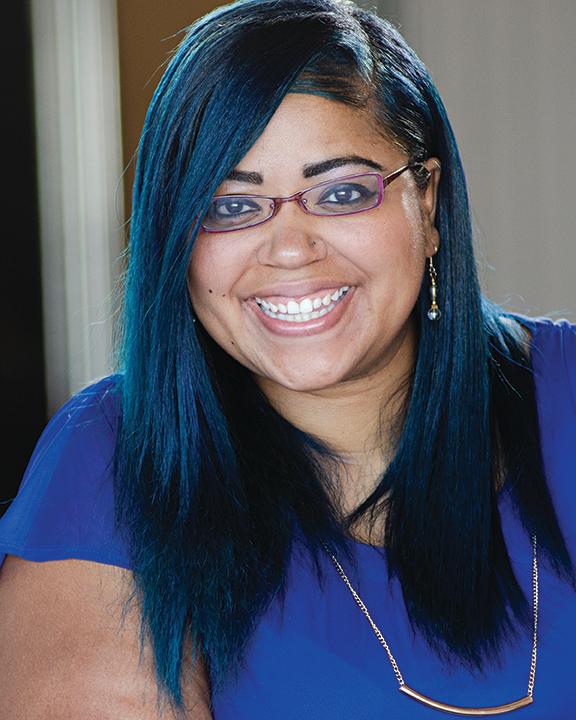

New reports suggest the U.S. Olympic Committee will choose Denver, Salt Lake City or the Reno-Tahoe area as the United States' candidate for hosting the Winter Games at some point in the future.
Both KPCW News and Utah Deseret News have now reported that the USOC would make a decision by the end of the 2018.
However, when asked for confirmation of this timeline, USOC's Colorado Springs-based spokesperson Mark Jones said, “this is simply the continuation of an ongoing process to select a city for a potential future Games bid.”
Jones also pointed to publicly available board minutes from their last meeting September —which did not include a set timeline:
“After this discussion, the Board expressed support for USOC staff to pursue the process discussed to begin narrowing the US cities with whom the USOC might at some point determine to launch a Games hosting bid effort, and to return to the Board’s next meeting for further discussion and a possible recommendation in this regard. Mr. Sullivan promised to lead that effort.”
Though the timeline for the opportunity is currently unidentified, any future U.S. Winter Games would be no sooner than 2030.
Denver’s exploratory committee released its own report in June recommending that the city and state seriously consider a second chance to host the winter games. The first opportunity was abandoned in the 1970s.
“As a world-class city and one of the world’s most recognized and respected winter sports destinations, Denver and Colorado have been asked to continue dialogue with the USOC and provide information related to this process,” said Rob Cohen, chair of the city’s exploratory committee in a statement.
The response to USOC is being led by Denver Sports, which is expected to highlight the exploratory committee’s recommendation that the state pursue this opportunity, and to request that any formal bid process include a statewide vote as soon as 2020. Download and read the full report here.
Almost five decades have passed since Denver won a bid to become an Olympic host, and then turned it down, sending the games to Austria instead. Part of the reason the popular vote turned away from hosting the games in ’76 was the tremendous worry about the potential loss of billions of dollars for city and state taxpayers because of infrastructure costs.
This time around, Denver’s appeal comes in the form of a bigger airport, light rail, more hotels, seven professional sports teams and multiple stadiums.
If Denver gets a nod of approval from USOC to make the games happen in the Mile High City, the exploratory committee would face the big task of funding the event through private donors. The committee proposed that the event could be funded through $566 million in domestic sponsorships, $504 million in ticket sales revenue and an estimated International Olympic Committee contribution of $559 million.
The estimated price tag for the games sit around $1.8 billion. However, to protect Denver and Colorado residents from any budget overruns associated with hosting the Winter Games, the committee suggests adding another quarter-million dollars to that budget to fund risk mitigation of possible cost overages up to $1.4 billion-- essentially doubling the estimated costs.
Getting a “yes” from USOC and figuring out private funding are top of mind for proponents, such as Gov. John Hickenlooper, but the biggest hurdle will be convincing Colorado voters.
The Exploratory Committee commissioned a statewide poll in January 2018 and the poll found a majority of voters favors hosting the Winter Games, including 65 percent in Denver, 76 percent in Eagle County, and 61 percent statewide.
In an earlier interview with Colorado Matters, Tony Pigford, who is a member of the NOlympics opposition committee, said he wasn’t convinced by those numbers. He believes that more community outreach needs to be done before a decision can be made. Adding unfettered spending and infrastructure stresses to a city that already has many costly irons in the fire isn’t the right direction for the Centennial State in Pigford’s eyes.
“We've got a $1.5 billion DIA Gate expansion on deck; $1.9 billion for the National Western Complex; potentially $2.35 billion for the I-70 expansion; $68 million to upgrade the 16th Street Mall. I could go on,” he said.
Though the exploratory committee gave its recommendation to move forward in efforts to secure the bid, Cohen has also said that if voters turn it down then they will concede. Voters would have that opportunity as soon as 2020.









